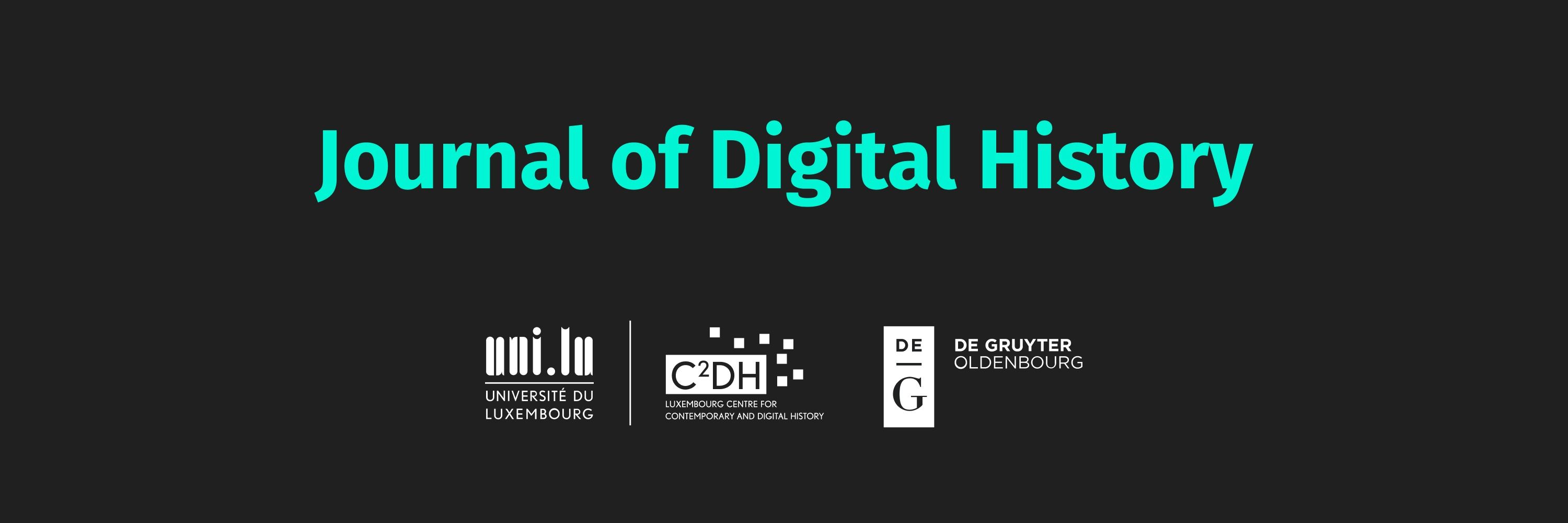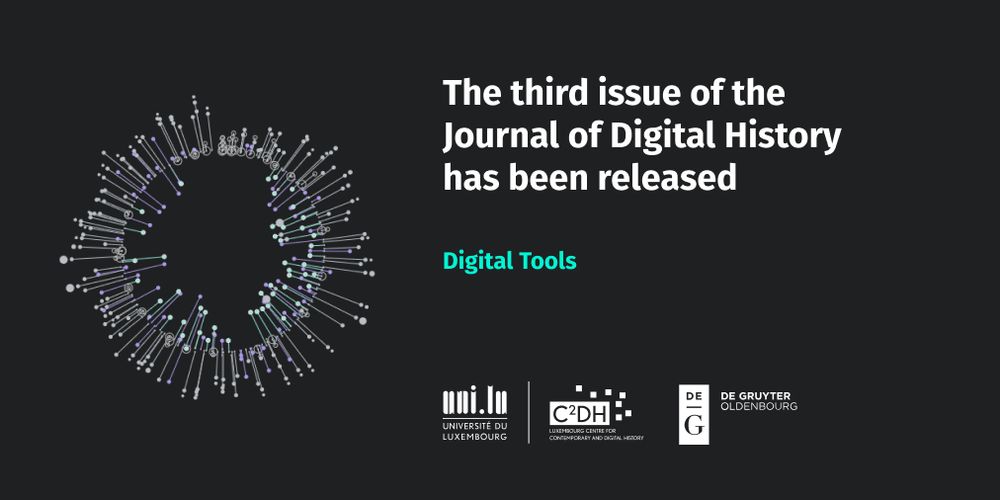




From online activism to digital vandalism, political web defacements were part of shaping the early internet. We just published a new article in the JDH diving into this fascinating and underexplored archive. journalofdigitalhist...

From online activism to digital vandalism, political web defacements were part of shaping the early internet. We just published a new article in the JDH diving into this fascinating and underexplored archive. journalofdigitalhist...

Explore how a citizen scientist from the Italian borderlands shares insights on shifting borders—from communism’s collapse and EU expansion to future imaginations. #CitizenScience #History #BorderStudies #EU journalofdigitalhist...

Explore how a citizen scientist from the Italian borderlands shares insights on shifting borders—from communism’s collapse and EU expansion to future imaginations. #CitizenScience #History #BorderStudies #EU journalofdigitalhist...
How does AI reshape historical research? We're looking for contributions that contextualize AI technologies within broader historical frameworks. Submit your abstract! Deadline: May 31, 2025. 🔗 journalofdigitalhist...
#DigitalHistory #AI #CFP

How does AI reshape historical research? We're looking for contributions that contextualize AI technologies within broader historical frameworks. Submit your abstract! Deadline: May 31, 2025. 🔗 journalofdigitalhist...
#DigitalHistory #AI #CFP
The Video Reuse Detector is a machine-learning toolkit for tracking historic footage reuse across audiovisual archives. See how AI is transforming digital history. Read more: journalofdigitalhist... #DigitalHistory #AI #AudiovisualHeritage #RemixCulture

The Video Reuse Detector is a machine-learning toolkit for tracking historic footage reuse across audiovisual archives. See how AI is transforming digital history. Read more: journalofdigitalhist... #DigitalHistory #AI #AudiovisualHeritage #RemixCulture








https://rb.gy/r9vphq

https://rb.gy/r9vphq
https://rb.gy/ppspn6

https://rb.gy/ppspn6
t.ly/RFD_p

t.ly/RFD_p
t.ly/2h6a3

t.ly/2h6a3
lab.operas-eu.org/2024/06/14/w...

lab.operas-eu.org/2024/06/14/w...

